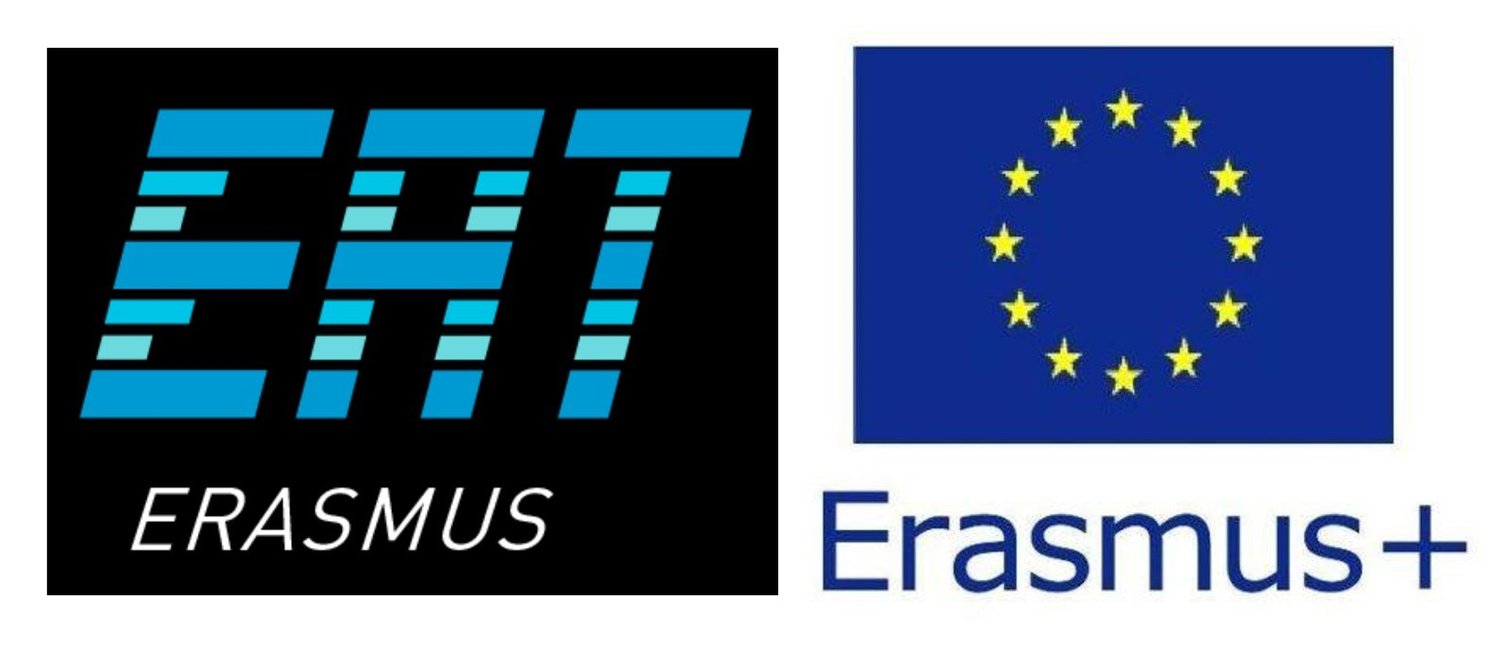5.2 Supporting Transitions
Transition to HE is a progressive event, incurring personal and academic challenges (Matheson 2018; Matheson, & Sutcliffe 2018) to include: (i) adapting to being an independent person, (ii) adapting to being a learner in HE, (iii) understanding the conventions and requirements of the discipline/ and wider context of HE (Rutherford, 2019).
Key pointers
Importance of starting early: Interventions early in a students’ university career may be most effective because the strongest correlates...performance self-efficacy and grade goals, are likely to be more fluid during the early stages of skill development...” (Richardson et al., 2012, p. 375)
Early identification of needs through use of baseline assessments to ensure appropriate approaches to SRL are promoted (Kim & Shakory, 2017).
Addressing the orientations that students bring with them into university is essential given that learning outcomes within HE are impacted by the pre-existing cognitive skills and orientations towards learning of students entering HE (Seifert et al., 2014; Vermunt & Donche, 2017).
Goal discussions are most effective when initiated early and integrated throughout the learning experience (Farrell et al., 2017).
Feedback may be most critical during the early formative months of student entry into higher education during the acquisition stages of learning (Playford et al., 2013).
Transitions work needs to be integrated into course content and not be separate from it (Schneider & Preckel, 2017).
Importance of supporting students’ network development and how they manage the interfaces between them (academic and social networks) and understanding of how HE works.
In summary, transitions support needs to be developed within the discipline delivery of the subject where early identification of needs is essential.
Key concepts: effective use of data; integration into course delivery; anticipation of skills gaps
ACTIVITIES
Review provision of transitions support in relation to the Supporting Transitions check-list (Figure 5.1) – adapt this to your own context(s)
What areas are done well?
Is there consistency across units/courses/modules within a programme to ensure students have equitable experiences of transition?
Are any groups of students disadvantaged by the ways in which support is organised? Which areas need improvement? What needs to be your key focus and why?




